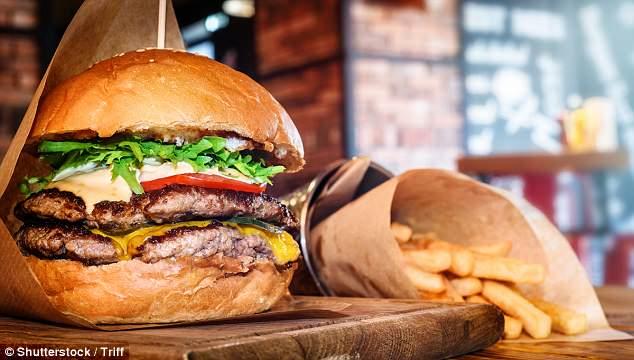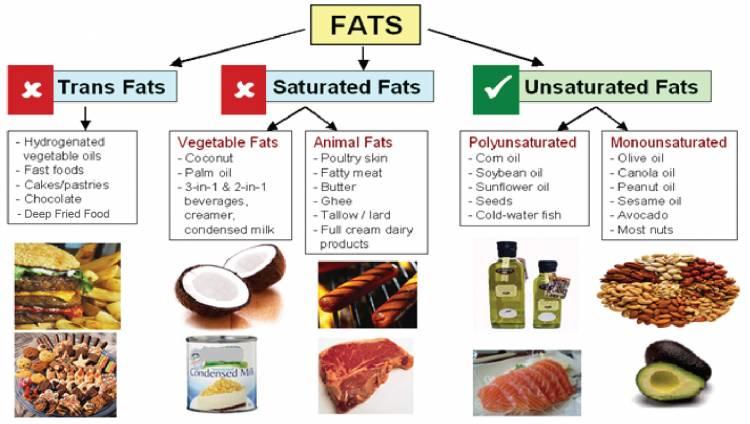Managing weight is something that most people would like to do the right way, but in order for that to be the case, attention must be paid to a number of factors. On one hand, there is diet, which encompasses a lot of details regarding which foods and drinks need to be avoided in contrast to what's more beneficial. On the other hand, there is also working out, but what also plays a big role is the individual's dedication and consistency.

Considering the importance of weight management, i.e. the good and bad consequences to people's health, but also what's required for proper maintenance, it's no wonder that scientists around the world are constantly working on figuring out how all sorts of health factors come together. According to a recent study, the suggestion is that a diet full of fatty foods is the sole reason for gaining weight, meaning carbs and proteins don't play that big of a role.

A person's waistline is one of the body areas that tend to store a lot of extra weight, and the recent study had scientists do some testing on mice which showed that the reason behind a bulging waistline is fat, and not carbs and protein. The mice were, in fact, fed with fat-oriented diets, and they ate the most calories because the reward centers in their brains were prompted by fat.
Saturated fat is associated with heart illnesses, so in the UK men are advocated to eat less than 30g a day, whereas the 'limit' for women is at 20g. On that note, a distinction needs to be made regarding the types of fat that could be described as good, and others that would fall under the category of 'bad'. Trans fats make foods last longer, such as cakes, and they cannot be considered safe.

As for saturated fats, they are mostly located in red meat and dairy, and they tend to be 'blamed' for increased levels of cholesterol which leads to heart illness. One type of fat that could be considered good is the so-called monounsaturated fats, which are located in peanut oil, avocados and olive oil, i.e. part of the usual Mediterranean diet. But back to the saturated fats - they are located in butter, cheese, and biscuits among other things.
The reason why researches tend to do their testing on mice is that humans are not likely to last long enough for conclusions to be made. Of course, considering the genetic similarity, the testing on mice could serve as a pointer in the proper direction. Professor John Speakman was the leader of this recent study, and he describes the new finds as a 'good clue' as to how certain diets may affect people's health.

The study lasted for three months, and mice were fed with 30 various diets. The whole process was accompanied by 100,000 body weight measurements. Professor Speakman commented: "The result of this enormous study was unequivocal - the only thing that made the mice get fat was eating more fat in their diets. These effects of dietary fat seemed to be because uniquely fat in the diet stimulated the reward centers in the brain, stimulating greater intake."